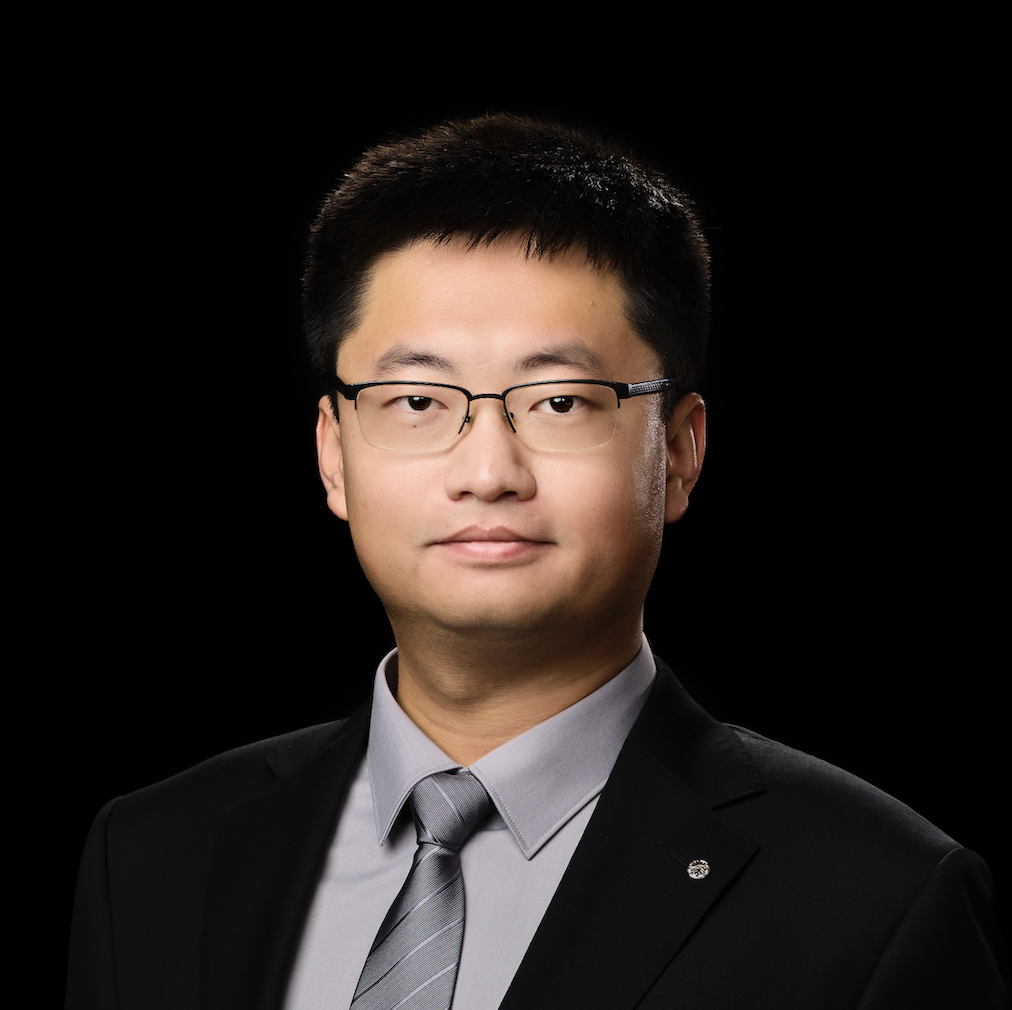Tianyi Li
Lawrence Livermore National Laboratory
Seminar Information
Engineering Building Unit 2 (EBU2)
Room 479
Seminar Recording Available: Please contact seminar coordinator, Jake Blair at (j1blair@ucsd.edu)

Offshore wind energy is becoming an increasingly important part of the global energy transition, but accurately assessing wind resources in the marine environment remains a significant challenge due to the complex and dynamic interactions between wind, waves, and currents. In this talk, I will share my research on three key scales of wind–wave dynamics and discuss a pathway toward developing a multiscale wind–wave modeling framework for offshore wind applications. I begin by examining wave generation through direct numerical simulations (DNS) that resolve fine-scale turbulence and validate fundamental theories. At intermediate scales, I introduce a new wind–wave coupling capability in the Weather Research and Forecasting (WRF) model, which helps us understand how sea states affect wind resource assessments. At the mesoscale, I demonstrate simulations along the U.S. West Coast that reveal how offshore wind farms can influence coastal upwelling. I will conclude with perspectives on integrating these scales using the GPU-accelerated Energy Research and Forecasting (ERF) model.
Dr. Tianyi Li is a Postdoctoral Researcher and Principal Investigator in the Atmospheric, Earth, and Energy Division at Lawrence Livermore National Laboratory (LLNL). He received his Ph.D. in Mechanical Engineering from the University of Minnesota, where he was awarded the Pui Best Dissertation Award, and holds a B.S. in Engineering Mechanics from Tsinghua University. Prior to LLNL, he was a postdoctoral researcher at the St. Anthony Falls Laboratory, University of Minnesota, and a visiting postdoctoral scholar in the Department of Civil and Environmental Engineering at Stanford University. His research focuses on multiscale wind–wave–current interactions using high-fidelity simulations and mathematical modeling. At LLNL, he leads a Laboratory Directed Research and Development (LDRD) project on wind–wave modeling and contributes to DOE-funded projects to improve wind resource assessment.
